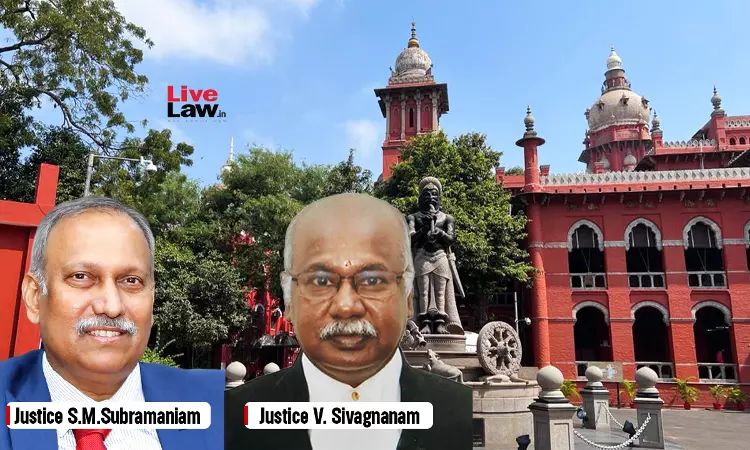The Madras High Court recently held that the High Court was not empowered to condone the delay in filing an appeal under the National Investigating Agency Act 2008 beyond the permissible limit. As per Section 21 of the Act, an appeal has to be made within 30 days of the date of the order or judgment. The Section allows the High Courts to entertain an appeal even after expiry of 30 days...

